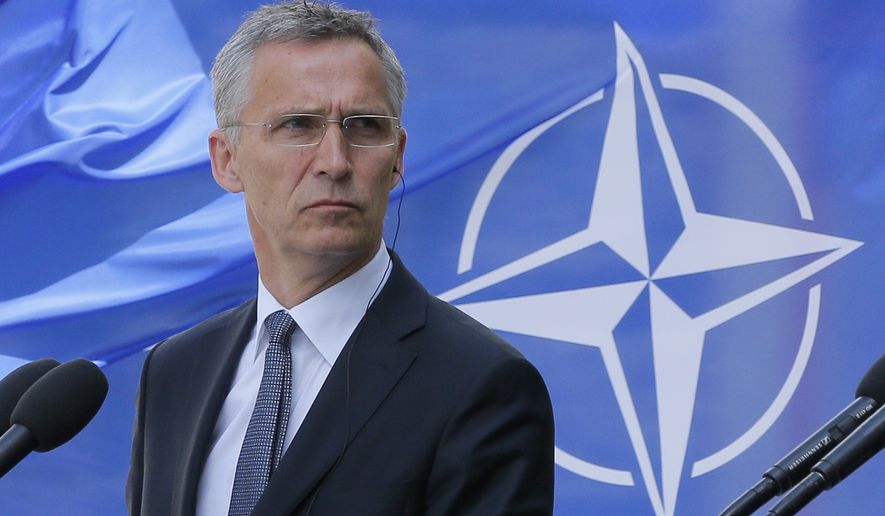NATO Secretary-General Jens Stoltenberg attempted to bring top diplomats from Turkey and Germany to the negotiation table Sunday, as Berlin and Ankara remain at odds over the fallout from last year’s attempted military coup in Turkey.
The alliance chief spoke to German Foreign Minister Sigmar Gabriel and his Turkish counterpart Mevlüt Çavuşoğlu on Friday, in an effort to get both officials to hold face-to-face talks to settle the widening diplomatic row between the two major NATO allies.
“We hope that Germany and Turkey are able to find a mutually acceptable date for a visit,” a NATO spokesman told Reuters Sunday.
Tensions boiled over earlier this year after Berlin refused to extradite several Turkish citizens seeking asylum in Germany, who Ankara accused of playing a role in last year’s violent coup attempt.
In response, Turkey barred German lawmakers from conducting visits to the country’s military bases in the country.
After being denied access to their country’s armed forces, Berlin ordered the withdrawal of its troops from Incirlik air base — marking the departure of one of the alliance’s strongest allies from one of NATO’s more critical military installations.
It remains unclear whether Mr. Stoltenberg’s overtures toward bilateral talks between Germany and Turkey will succeed. But Ankara also is facing increasing political pressure from Capitol Hill, over its recent controversial actions.
Pro-defense House members are looking to put the breaks on a pair of arms deals to Turkey, in response to the bloody assault by President Recep Tayyip Erdogan’s security detail on handful of anti-Erdogan protesters during the Turkish leader’s visit to Washington in May.
Legislative language in the House version of the Pentagon’s spending bill for the upcoming fiscal year blocks any federal funds from being used to transfer the F-35 fighter jet into the Turkish fleet, as well as preventing a small-arms sale of 1,600 Sig Sauer handguns to the country’s security forces.
Regarding congressional proposals to the Defense Authorization Act blocking funds to transfer F-35s to Turkey, the ambassador said it would be unfortunate to tie the violence outside the residence to the security deal.
Asked if he believes Congress is making bad moves, Mr. Kilic answered, “Of course. Of course.”
D.C. police issued arrest warrants for 12 of Turkish officers last month but didn’t comment on whether they would seek extradition.
The Turkish government maintains that the protestors are members of the Kurdish-militant group PKK, which they designate a terrorist organization. D.C. police Chief Peter Newsham said last month that police had no indication any of the protestors were terrorists.
• Carlo Muñoz can be reached at cmunoz@washingtontimes.com.




Please read our comment policy before commenting.